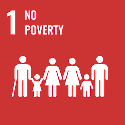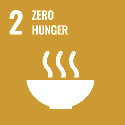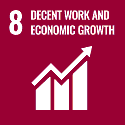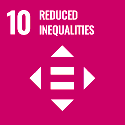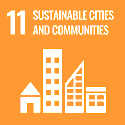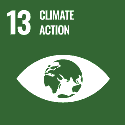Eco Stores
Challenging shopping habits in the Philippines by championing zero-waste retailing with refill containers to reduce reliance on sachets and prevent single-use plastics from entering the environment.
Plastic waste is a huge problem in the Philippines. The average Filipino family uses an estimated 60 billion sachets, 17.5 billion shopping bags, and 16.5 billion sandwich bags every year, with a culture driven toward single-use plastics as the ‘affordable’ option.
The community eco store model champions zero-waste retailing using refillable containers for bulk purchased basic household goods such as cooking oil, soy sauce, shampoo, and laundry detergent. All products are purchased in bulk and sold with a markup for the store owner, but at reduced cost to the customer. As a direct result of purchasing these items at the eco store, plastics are prevented from entering the environment.
Why Eco Stores?
Reduce the cost of basic goods, enabling urban poor families to make savings on their household expenditure, therefore reducing poverty rates.
Create a source of income generation for eco store owners as a viable, sustainable business.
Reduce the amount of plastic being consumed in the community and polluting the environment by providing zero-waste alternatives for basic goods.
Eco Store Impact
How do we do it?
After assessing the community’s current access to basic goods and household plastic consumption, we make recommendations for the eco store to ensure it will be patronised by the community.
We research potential suppliers who can provide various household goods in bulk to reduce the community’s reliance on single-use plastics.
Through training in business management and development of an eco store manual, we build the capacity of eco store owners and team to run the business for maximum impact.
Eco Store Success Stories
We have successfully tailored and implemented the Eco Store model in an impoverished Philippine community.
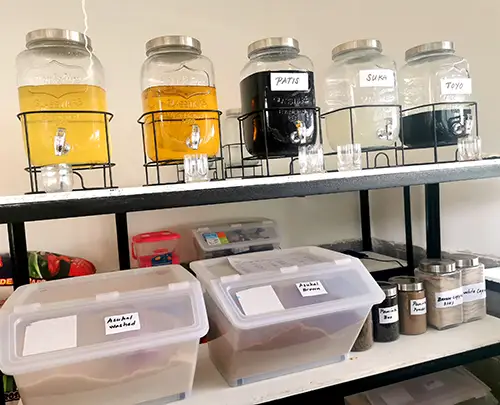
The eco sari-sari store model bringing affordable basic goods to urban poor community members while also reducing plastic waste
In 2023, the Philippines ranked number one in global contributors of plastic waste into the ocean. Recent research has…
Do you want to make an impact through this social business model?
US$2,400-US$9,000
to establish an eco store within an urban poor community.

